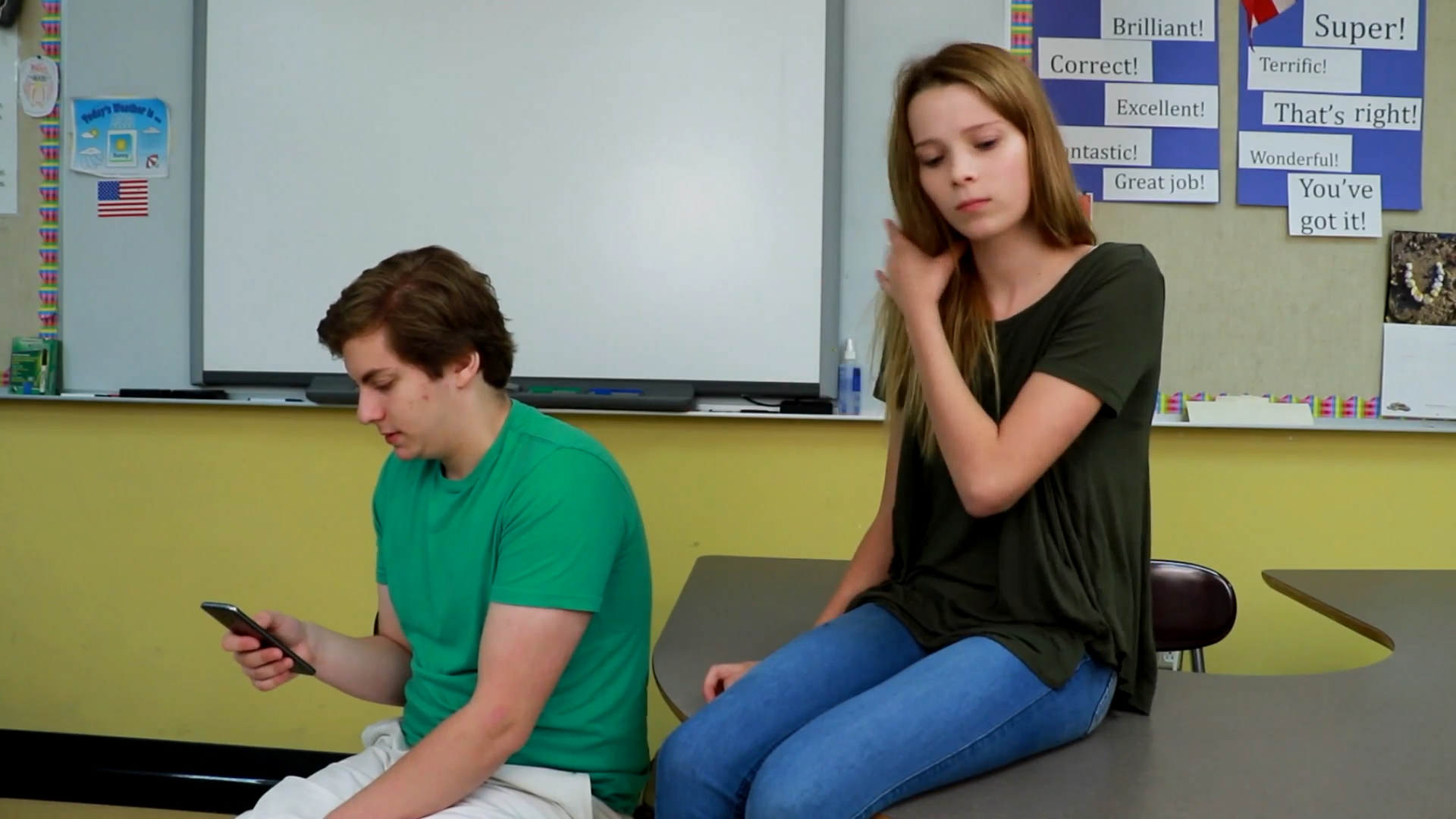
Introduction
In the world of Social-Emotional Learning, the importance of personal hygiene, especially maintaining clean hair, cannot be overstated. For students in Special Education, understanding and following proper hygiene practices is essential for their social interactions and overall well-being. In this blog post, we’ll discuss the significance of clean hair, present a no-prep activity for educators, and explore related skills and next steps for students.
No-Prep Activity
This simple, no-prep activity can help students understand the importance of hair hygiene and its impact on their interactions with others. Educators can use this activity as a starting point to discuss personal hygiene habits and their effects on social situations.
- Ask the students to sit in a circle.
- Explain to the students that they will be discussing the importance of keeping their hair clean.
- Invite each student to share their hair washing routine, including how often they wash their hair and what products they use.
- As students share, encourage them to also discuss how they feel when their hair is clean and how they think others perceive them when their hair is clean or dirty.
- After everyone has shared, facilitate a group discussion about the importance of clean hair in social situations, focusing on how it affects their interactions with others and their own self-confidence.
Discussion Questions
To further stimulate conversation and understanding, consider posing the following questions to your students:
- Why is it important to have clean hair in social situations?
- How do you feel when you notice someone’s hair is dirty or smells bad? How do you think others feel about you if your hair is not clean?
- What are some strategies you can use to remember to wash your hair regularly?
- How can you ask for help from an adult if you are unsure about your hair washing routine or need assistance?
- Why is it important to respect others’ personal space and feelings when it comes to personal hygiene?
Related Skills
In addition to maintaining clean hair, there are other important hygiene practices that students in Special Education should be familiar with, such as:
- Brushing teeth and maintaining oral hygiene
- Washing hands regularly, especially before meals and after using the restroom
- Showering or bathing regularly
- Wearing clean clothes and changing them as needed
All of these skills contribute to a student’s overall personal hygiene, which can significantly impact their social interactions, self-esteem, and emotional well-being.
Next Steps
As educators, it’s vital to support our students in developing healthy personal hygiene habits, including keeping their hair clean. To help you in this journey, consider signing up for free samples of skill activities and resources from Everyday Speech. These materials can provide invaluable guidance and support for teaching your students about personal hygiene and other essential social-emotional skills.

